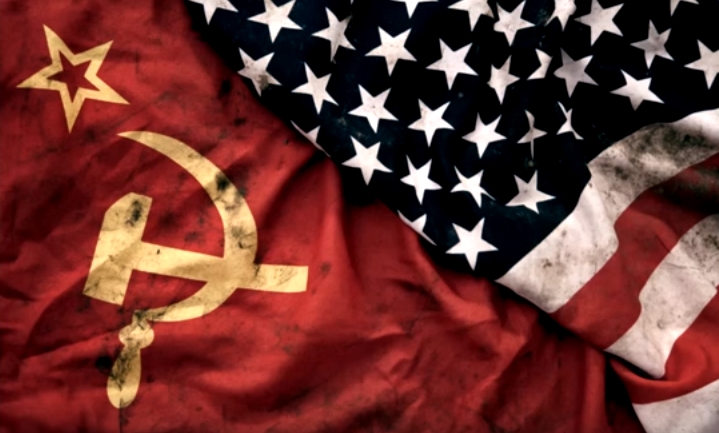
One of the quirks of being in space is that, upon embarking on your trip, you'd need to carry all the water you will ever need during your expedition - until the next mission comes along. This has meant that scientists have had to figure out how to recycle and disinfect water to be reused. Curiously, the two principal spacefaring nations, the United States and Russia, have developed completely different approaches in solving the problem.
In the International Space Station (ISS), the Russian and American sides have remained separate until recently, and have had life-support systems unique to each country’s needs. For years, the U.S. side has used iodine to purify its water, while the Russians developed their own system using antibacterial silver. The U.S. side has always picked up whatever extra the Russian side had leftover, since the latter's process was always more efficient.
Recently, however, the National Aeronautics and Space Administration (NASA) made the decision to adopt the Russian method of purifying water, after arriving at the conclusion that ionized silver is not only easier, it was more efficient and much more effective.
“It’s an inefficient way to clean the water supply, because it has to be filtered out before crew members can drink it,” explains a report in Bloomberg about the use of iodine by the U.S. in the ISS. “Too much iodine can cause the thyroid gland to be enlarged.”
The FDA keeps opposing silver
Back on Earth, the U.S. Food and Drug Administration (FDA) remains vehemently opposed to the idea of using silver as a bactericide. In fact, during the recent Ebola epidemic, the agency even threatened the Natural Solutions Foundation and other organizations for attempting to help Ebola victims by providing them with silver-treated water. Research into silver’s bacteria-busting attributes are also repeatedly obstructed by the agency.
Unfortunately for the FDA, it apparently has no jurisdiction up in space, as both U.S. and Russian astronauts will now be taking advantage of silver as a water purifier. The fact that this element is now the primary method of keeping astronauts alive says a lot about its therapeutic potential.
"Due to widespread growth in the use of colloidal silver as a biocidal agent, development of a simple and cost efficient method of silver testing is valuable," admits NASA on its website. "On station, silver is used as a biocidal agent based on its antimicrobial properties in the potable water system."
Sources used:
Please contact us for more information.














